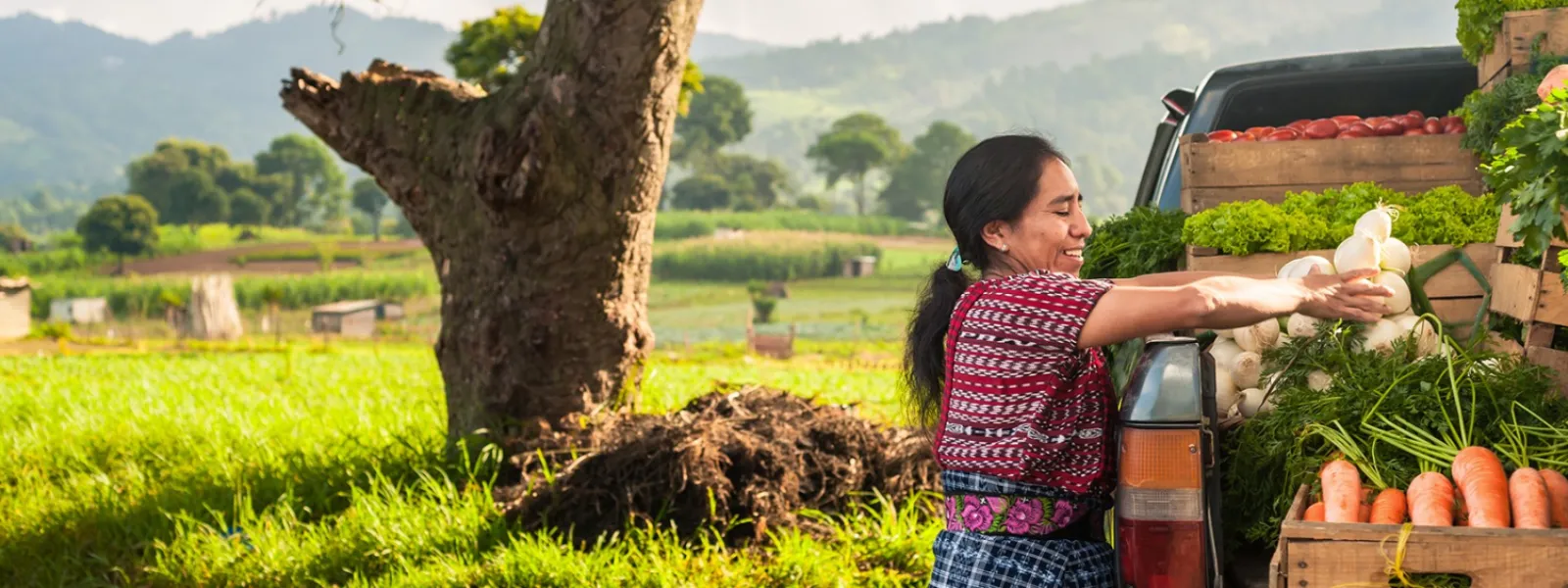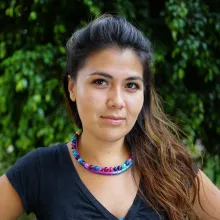
Why are women so important to the pursuit of environmental justice?
Women have long played a fundamental role in the conservation and defense of the planet. Past and present struggles for environmental justice and the defense of animals have been, to a large extent, led by women.
Yet the close relationship between women and the environment has not escaped the inequalities that characterize today’s societies. Poverty, exclusion, and inequality are intertwined with environmental degradation and the climate crisis. Women, in general, suffer these plagues in a differential and aggravated manner.
In natural disasters, for example, women often experience higher mortality rates than men. Due to the role women play in their communities, they are often less equipped with mechanisms to help them respond to emergencies that result from disasters. They are less likely to know how to swim or climb trees. They are more likely to be responsible for young children or older members of the family. They are more likely to wear clothing that makes it difficult to quickly react to a crisis situation.
Furthermore, for historical and cultural reasons, women are less likely to have access to information or be able to participate in situations that affect their right to a healthy environment. They also are less likely to have access to the mechanisms for addressing injustices or repairing damages from catastrophes.
Women who do take on roles in the public sphere, participating in public issues, are more likely to take on additional responsibilities that, generally, a man in the same situation would not have to assume. And, at the same time, they confront more intense risks and greater obstacles to the development of their leadership.
In this context, the gender focus—defined as the mechanism developed to guarantee holistically valuing the impact any action has on men, women, and those who identify between those categories—is fundamental to making asymmetries visible, overcoming barriers of discrimination, and removing scenarios of exclusion that impede women’s ability to enjoy their right to equality.
The gender focus seeks to ensure that those challenges are included in the design, implementation, monitoring, and evaluation of each intervention on a political, economic, and social level.
The gender perspective is indispensable to empowering the leadership of women, which is proving increasingly vital in the struggle for environmental justice.
In effect, the development of ecofeminist theories offers the world new and transformative alternatives to the ways of thinking that are bringing about the destruction of our environment and negatively affecting the lives of men, women, and other living things.
Women are more than simply the most affected by the climate crisis. They also are active participants with a vital role to play in preserving nature and seeking solutions for the health of our planet.

Liliana Ávila

Liliana A. Ávila is the Director of AIDA's Human Rights and Environment Program. A Colombian, she works from the Bogotá office. Liliana is an attorney from the Universidad Externado de Colombia, a specialist in constitutional law, and holds a Masters in Legal Argumentation from the University of Alicante in Spain. She has experience in international human rights law and international systems for the protection of human rights. She's a professor of international law at the Universidad Externado and has worked as a legal advisor on human rights, international humanitarian law, and public health.
